FCT Court Postpones Bail Decision for Niger Delta Activist Owous Amid Allegations of Political Silencing
- by Muhammad, Abuja, RNG247
- about 14 hours ago
- 61 views
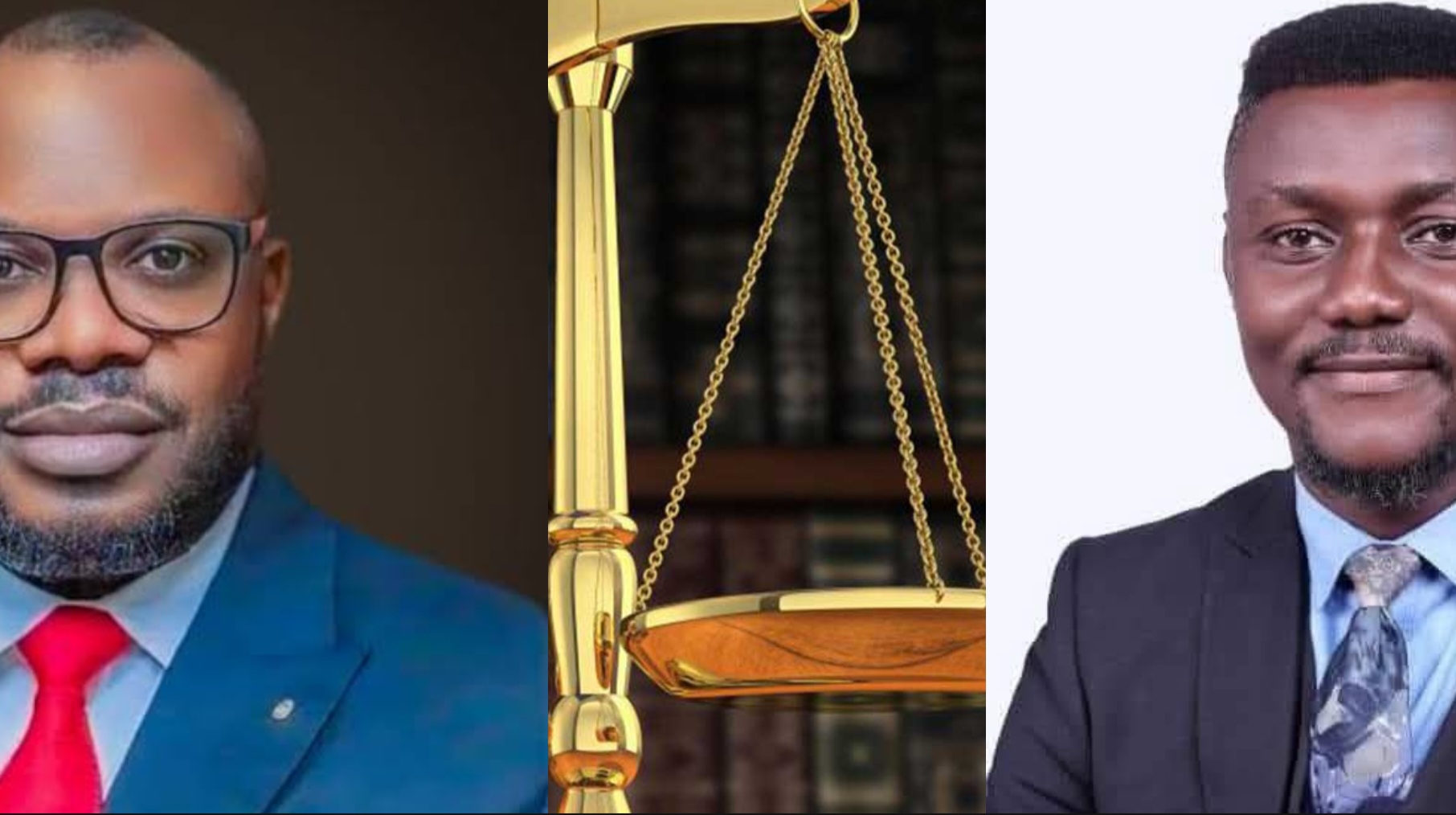
In a significant development at the Federal Capital Territory (FCT) Magistrate Court in Abuja, Magistrate Abdullahi Ahmed Ilelah has postponed the ruling on the bail application of renowned Niger Delta activist, Owoupele Eneoriekumoh Owous. The court session, held in Dutsen on Monday, was adjourned until July 24, 2025, amidst tense courtroom proceedings and allegations of political manipulation.
The controversy centers around Owous, who faces charges related to defamation of Dr. Dennis Otuaro, the Administrator of the Presidential Amnesty Programme. The defendant’s legal team, led by Benneth J. Ebikon Esq. of S. M. Oyeghe Legal, presented an oral application for bail, which was met with staunch opposition from the prosecution. Notably, Dickson S. was present in court, observing proceedings on behalf of the nominal complainant, Dr. Otuaro.
Post-judgment reactions from Niger Delta advocates reveal deep concern over what they perceive as a pattern of obstructed justice and procedural delays. An advocate close to the case, speaking to SaharaReporters, expressed frustration at the repeated adjournments. “This matter first came up on June 23, 2025, and although an oral bail application was initially rejected, the court seemed open to a formal motion. When that motion was filed on June 26, efforts to secure an earlier hearing date were dismissed, leading to today’s further delay,” he lamented.
The advocate asserted that these procedural setbacks may be part of a broader strategy to stifle dissent. “Sources indicate that the ongoing delays are driven by Dr. Otuaro’s attempt to silence critics exposing corruption within the Amnesty Office—allegations including misappropriation of public funds, awarding contracts to cronies, and breaches of procurement laws,” he revealed.
Legal experts and activists see the adjournment as more than mere procedural foot-dragging. Critics argue that the pattern of delays underscores a troubling trend of instrumentalizing the judiciary to protect high-ranking officials from accountability, especially those accused of mismanaging resources intended for vulnerable Niger Delta communities.
As the court prepares to deliver its ruling in two weeks' time, stakeholders remain watchful, concerned that the justice process may be overshadowed by political considerations. The coming days will reveal whether this case will serve justice or become another chapter in the ongoing saga of alleged corruption and suppression within Nigeria's political corridors.



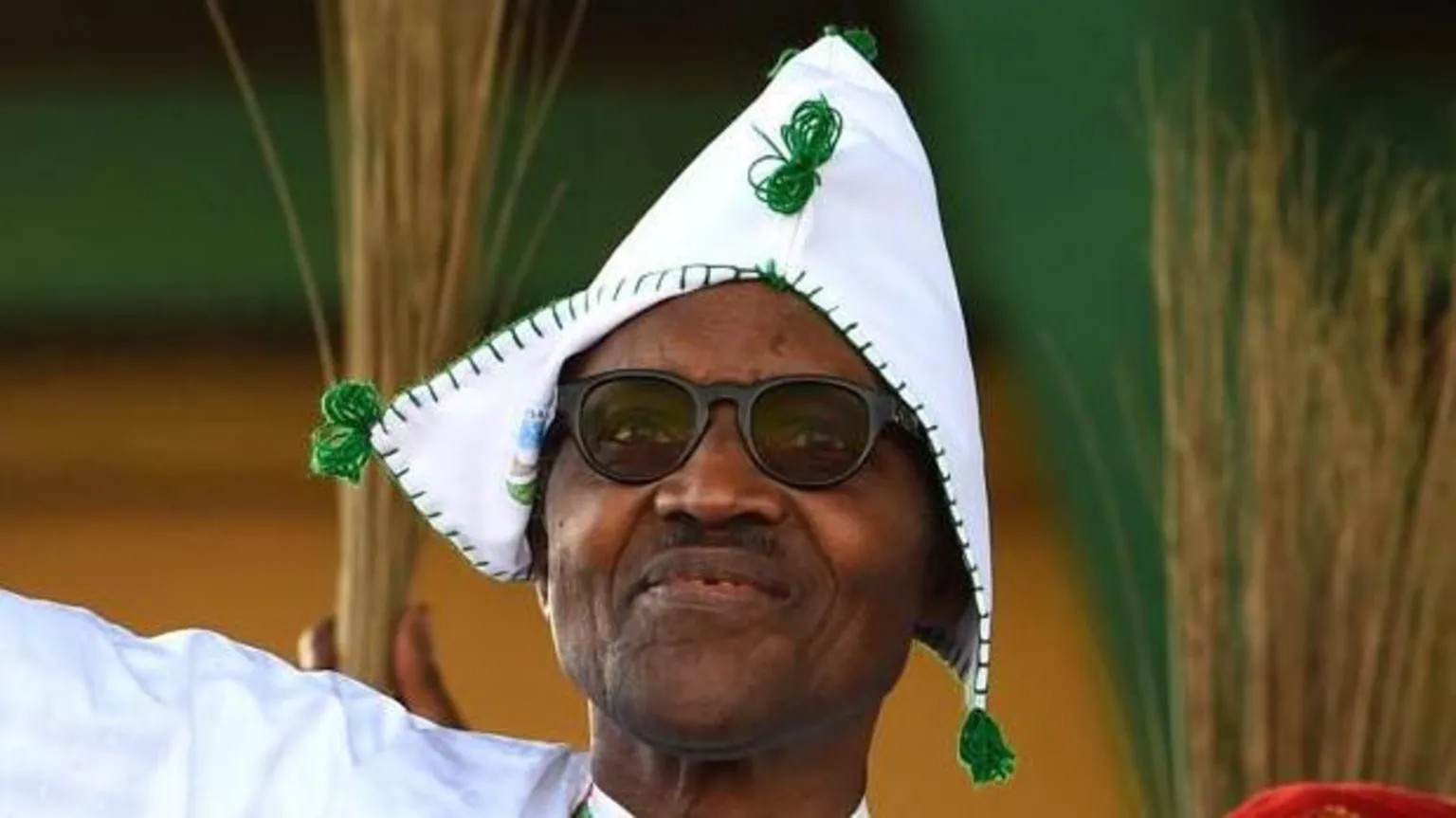
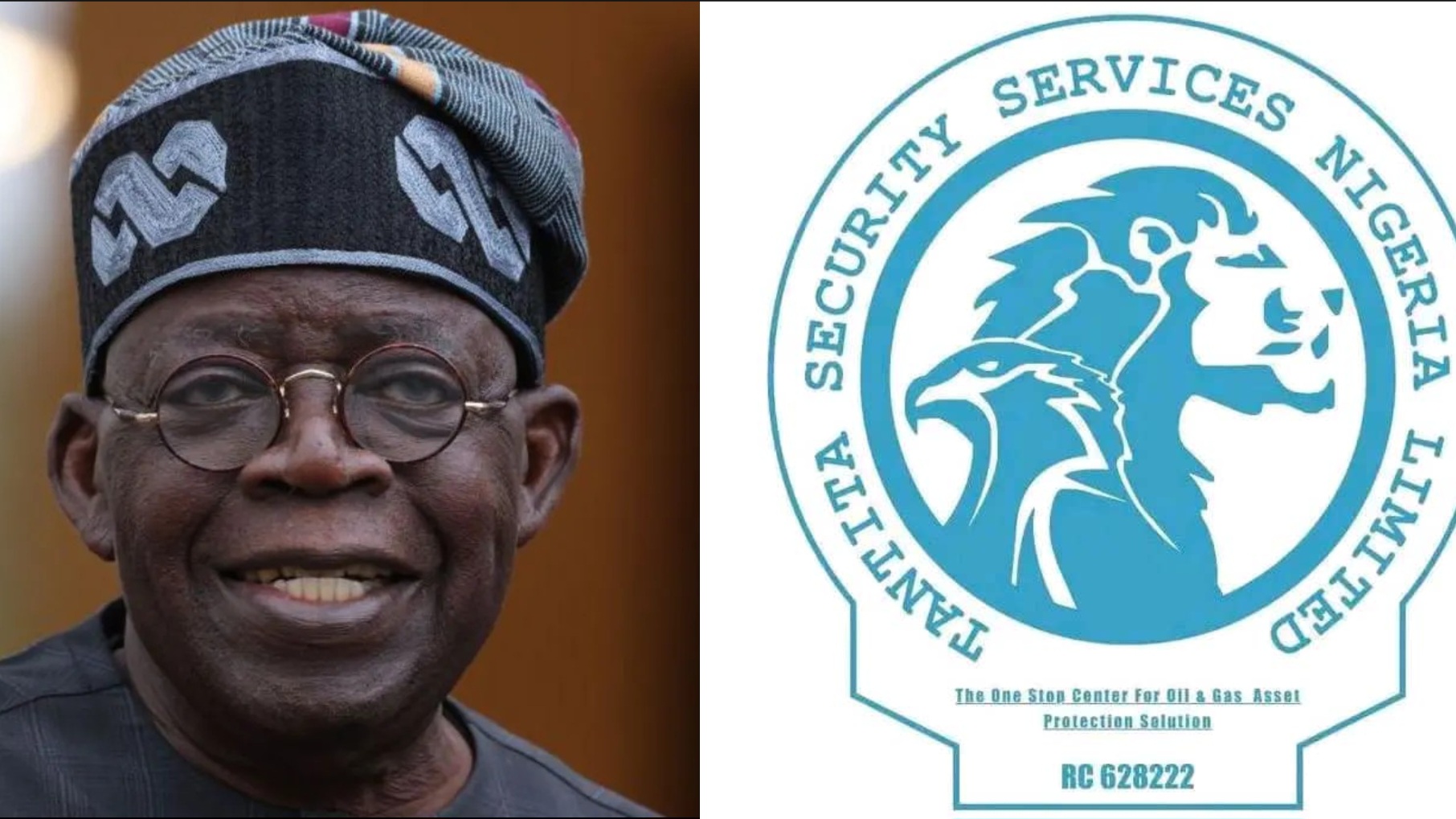
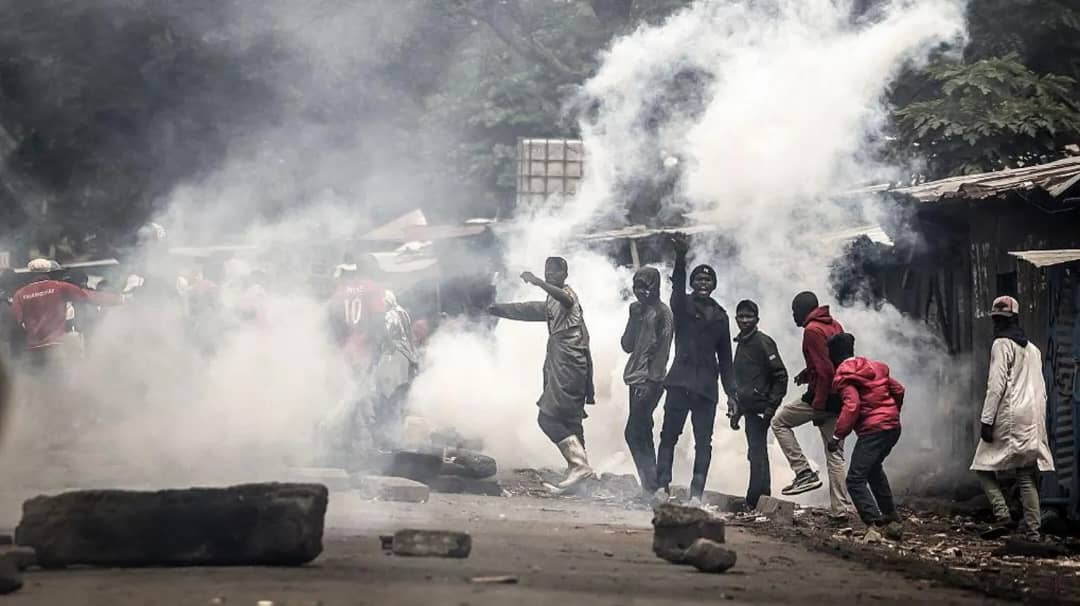
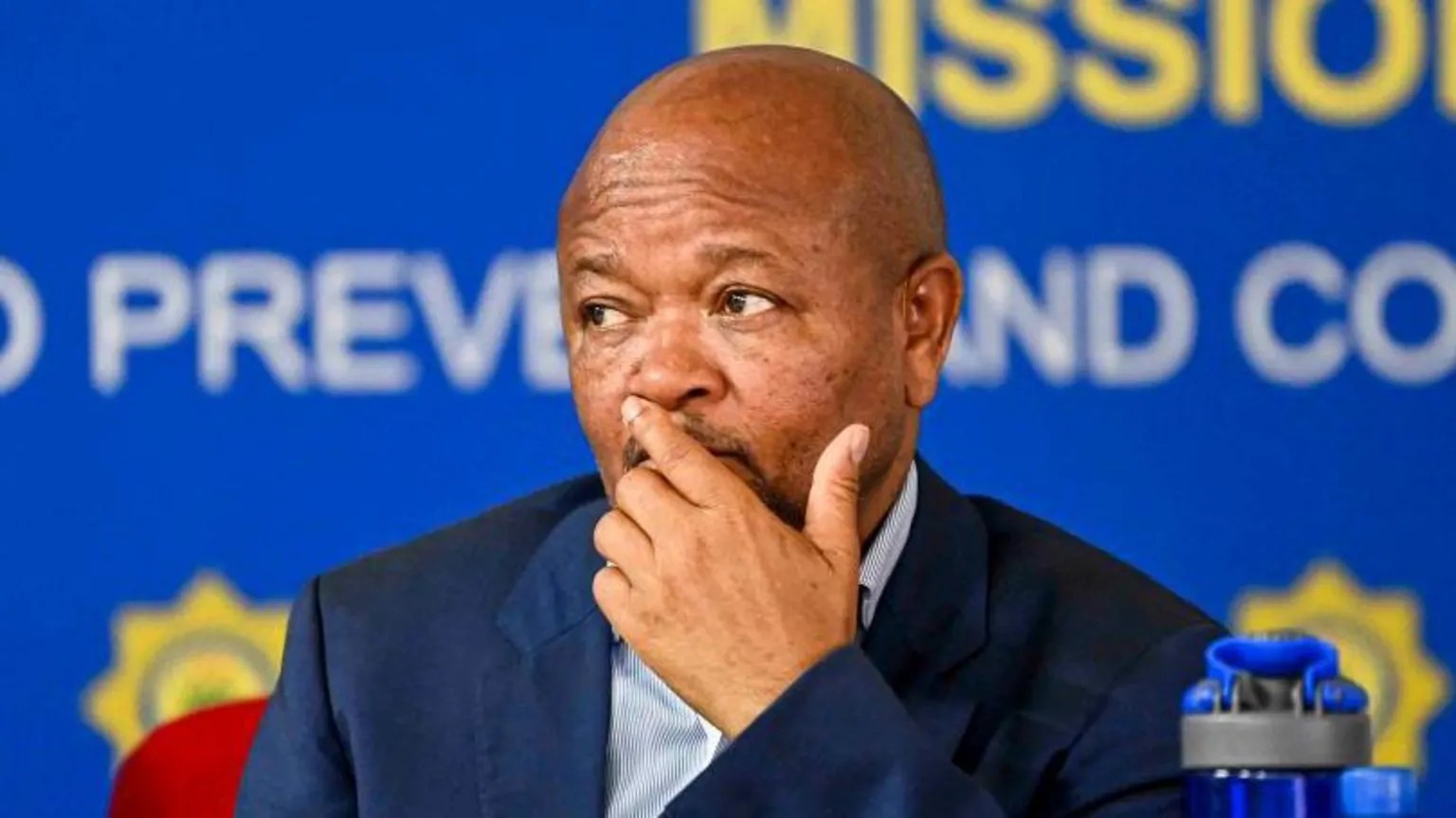
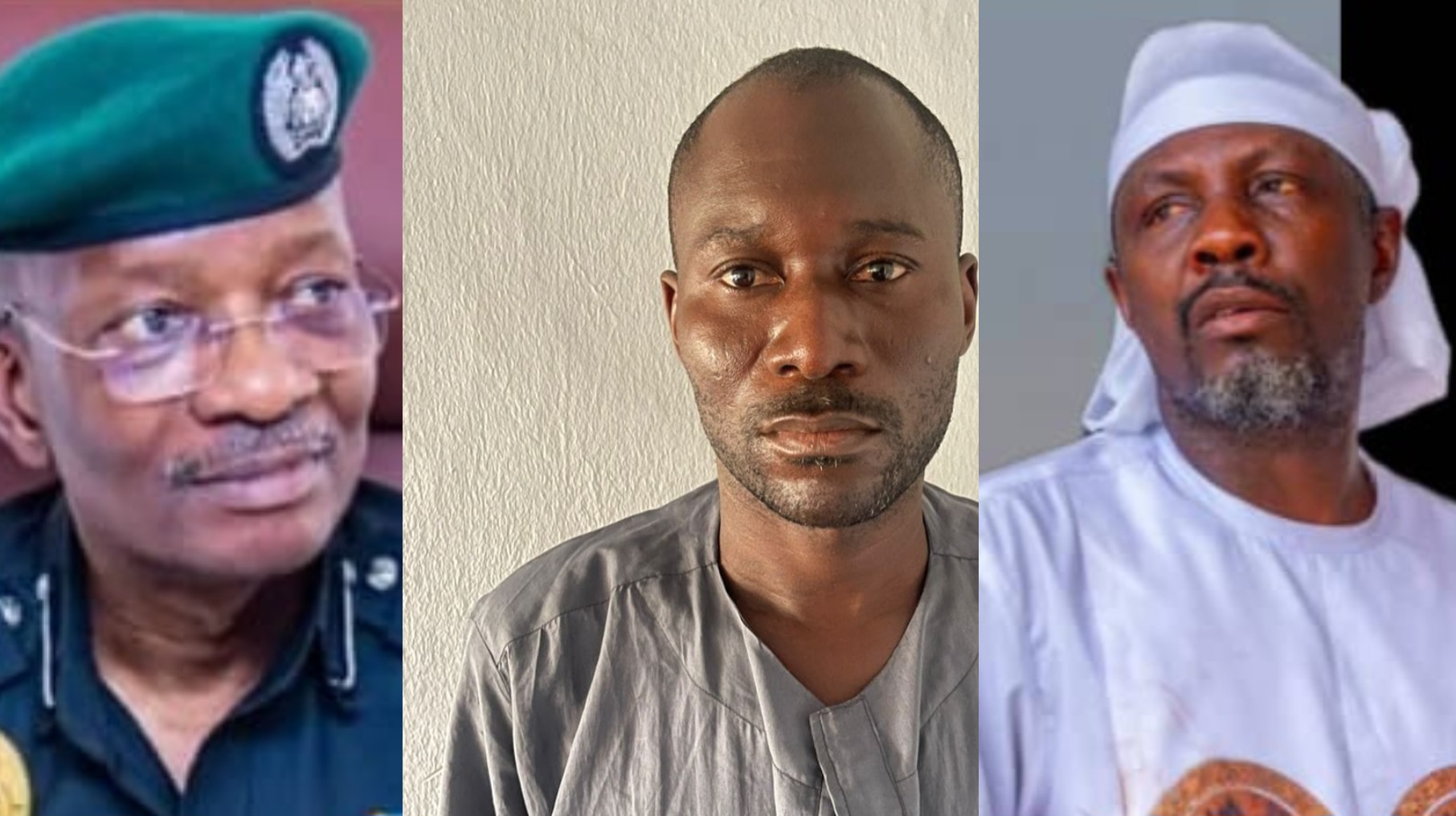
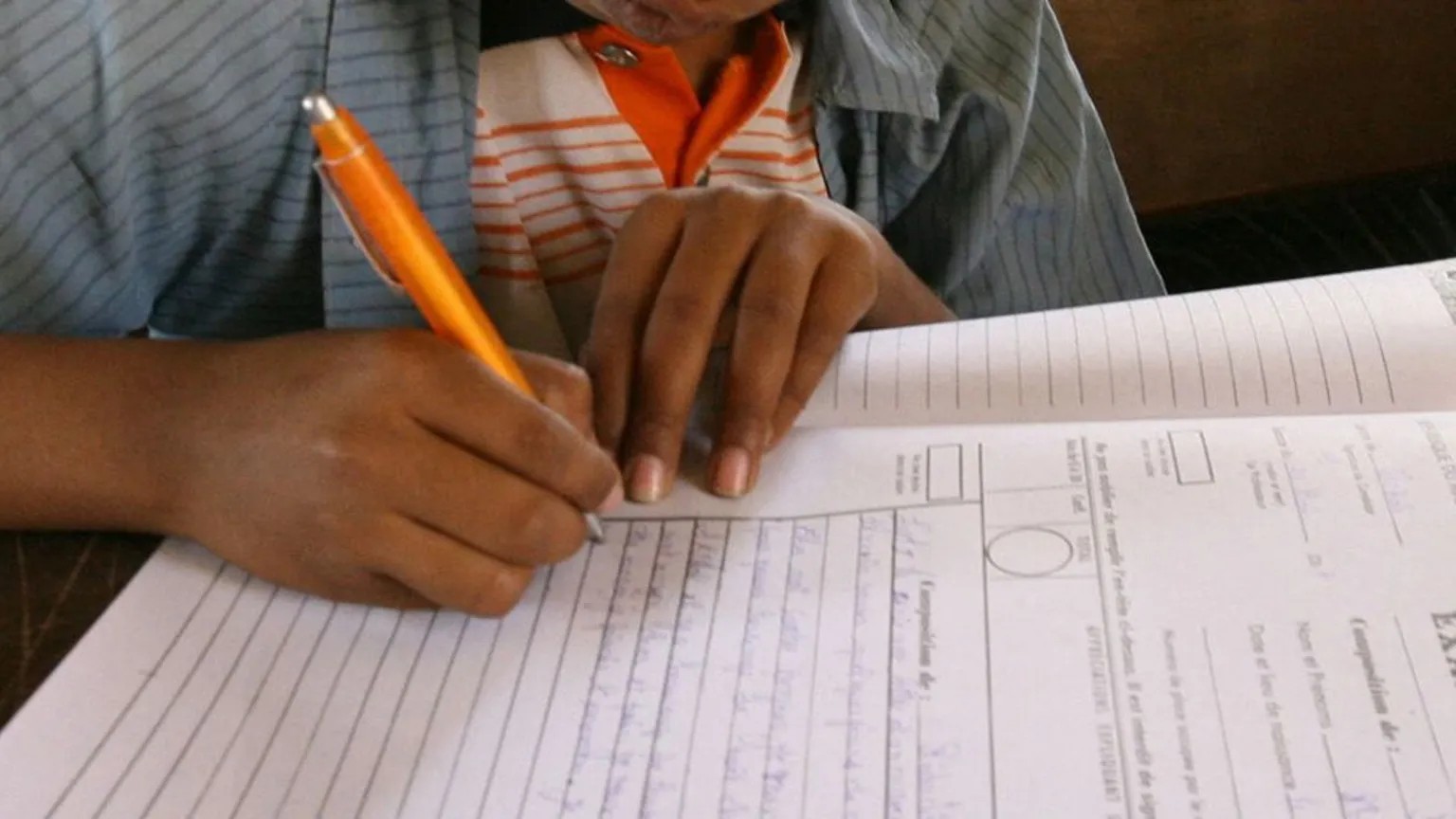
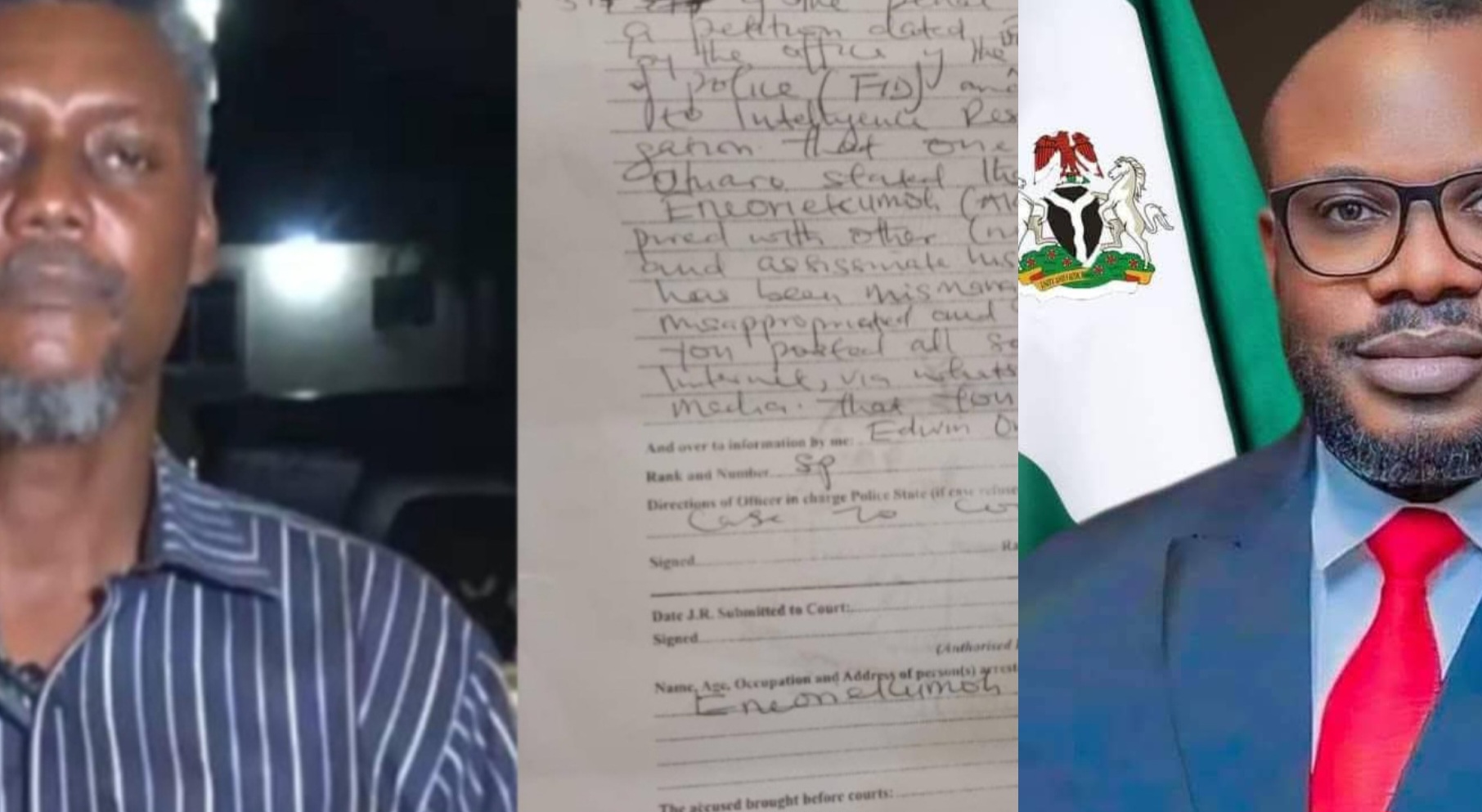
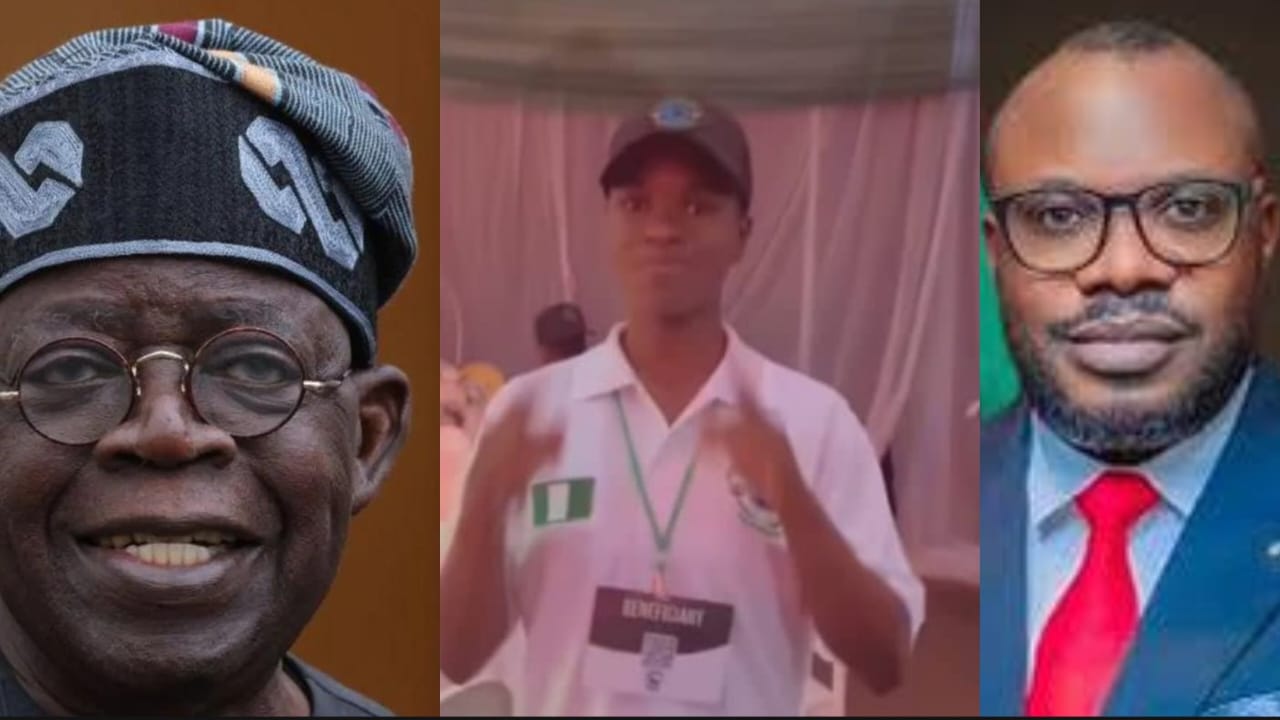
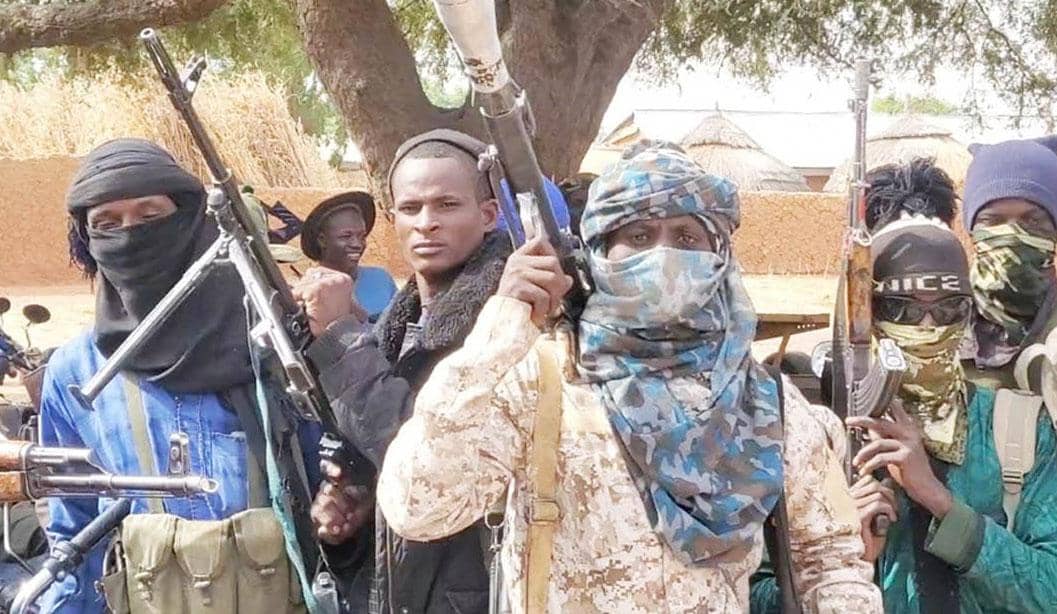
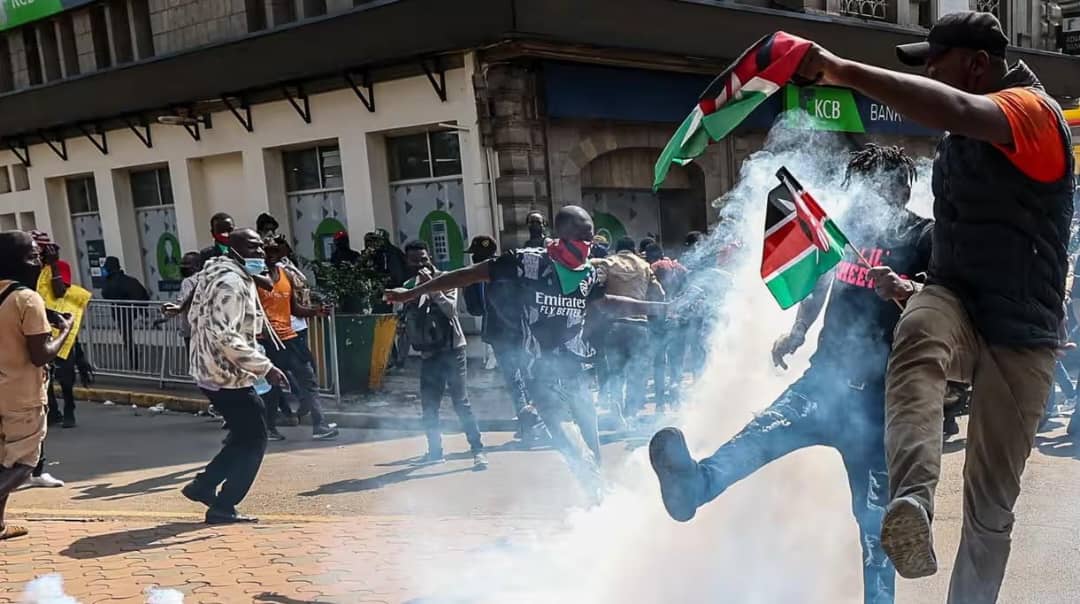
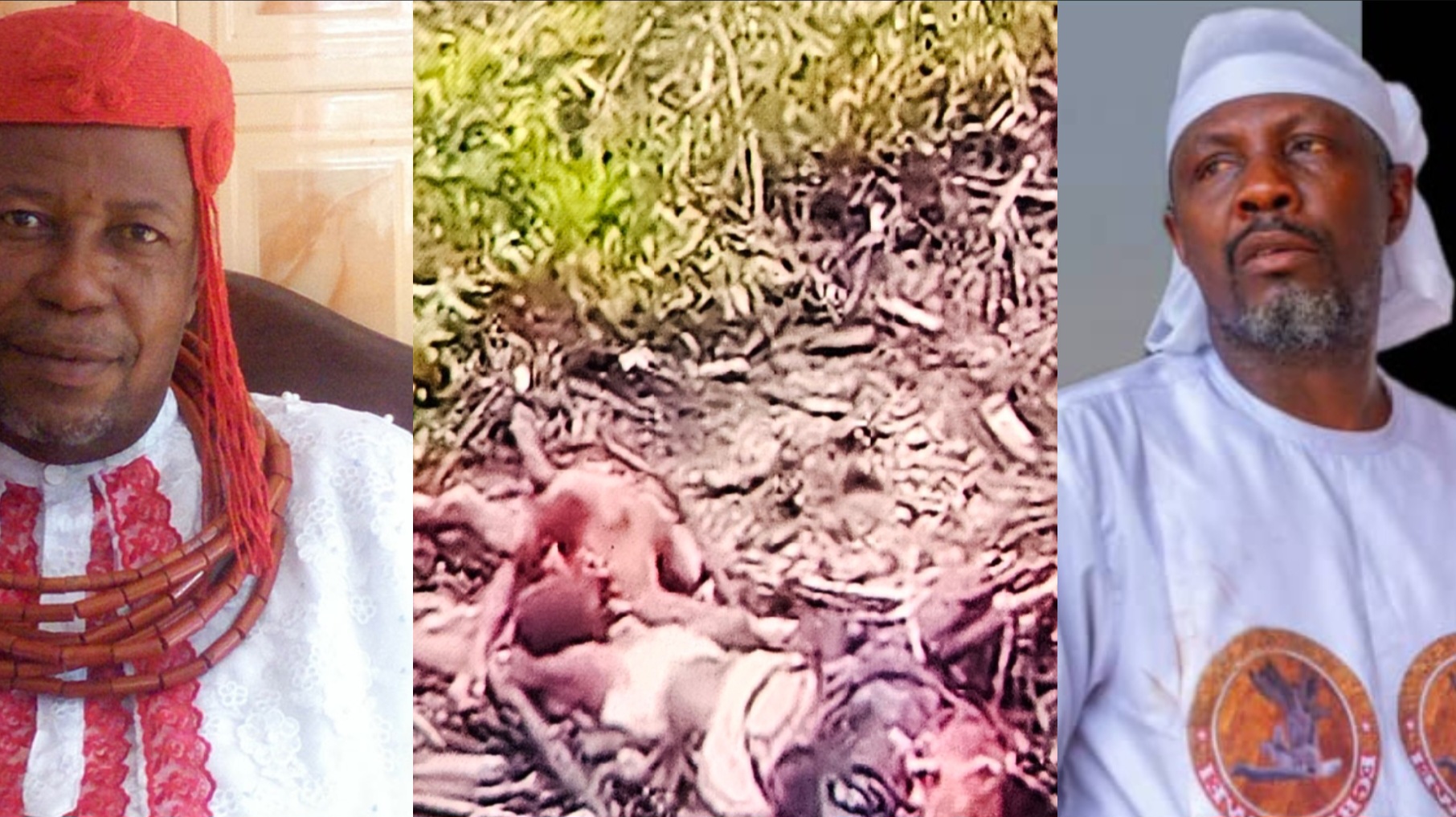
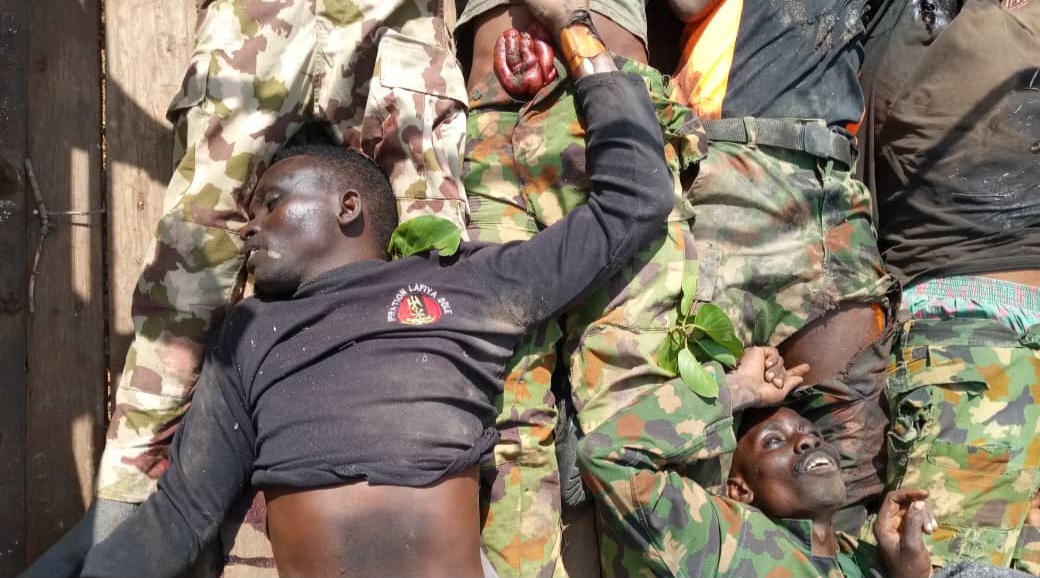

0 Comment(s)